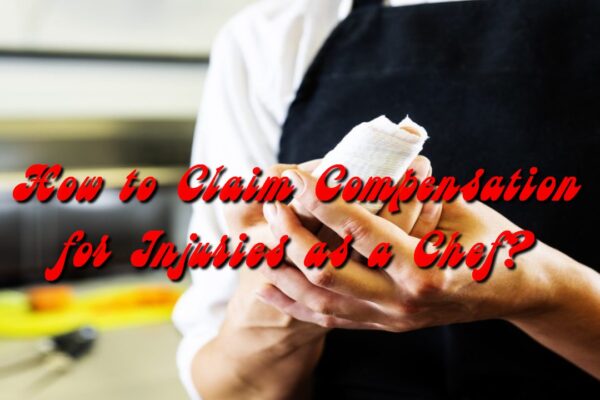Starting and running a hive products shop can be a sweet endeavor, but it comes with its own set of responsibilities, including taxes. Navigating the complex world of tax regulations and obligations can be challenging for any business owner, but with the right guidance and tools like Taxhelpusa, you can ensure that your beekeeping business thrives while remaining compliant with the law. In this guide, we’ll explore the key tax considerations for your hive products shop.
Business Structure
The first decision you’ll need to make when starting your hive products shop is the structure of your business. This choice has significant implications for your tax obligations. There are several common business structures to consider:
Sole Proprietorship: If you’re the sole owner of your shop, you’ll likely operate as a sole proprietorship. In this case, your business income and expenses are reported on your personal tax return, and you’ll be responsible for self-employment taxes.
Limited Liability Company (LLC): Forming an LLC provides a level of personal liability protection while allowing you to choose how your business income is taxed. You can elect to be taxed as a sole proprietor, partnership, S corporation, or C corporation, depending on your specific needs.
Partnership: If you run the shop with a partner or multiple partners, you may opt for a partnership structure. In this case, your business itself does not pay income tax; instead, profits and losses flow through to the individual partners’ tax returns.
Corporation: Setting up a corporation can be a more complex process but offers certain tax advantages. C corporations are subject to corporate income tax, while S corporations pass income through to shareholders, who report it on their personal returns.
Choosing the right business structure is crucial to manage your tax obligations effectively.
Sales Tax
As a retailer, you’ll likely need to collect and remit sales tax on the products you sell. Sales tax rates and regulations vary by state, so it’s important to research and understand your state’s specific requirements. Typically, you’ll need to obtain a sales tax permit from your state’s revenue department and periodically report and pay the collected sales tax. It’s essential to keep accurate records of your sales and tax collected to ensure compliance.
Income Tax
Income tax is a significant consideration for your hive products shop. Whether you’re a sole proprietor, partnership, or corporation, you’ll need to report your business income and expenses on the appropriate tax forms. Consider consulting a tax professional to maximize your deductions and credits while staying within the boundaries of tax laws.
Deductions and Credits

To minimize your tax liability, you should be aware of the deductions and credits available to beekeeping businesses. Common deductions include costs related to beekeeping equipment, hive maintenance, marketing, and other business-related expenses. Additionally, some energy-efficient and eco-friendly practices in beekeeping may qualify you for specific tax credits.
Employee Taxes
If you have employees in your hive products shop, you’ll have additional tax responsibilities. This includes withholding and remitting payroll taxes, such as federal income tax, Social Security, and Medicare taxes, as well as state and local employment taxes.
Record Keeping
Keeping meticulous records is a fundamental aspect of successful tax management for your hive products shop. You should maintain organized records of all your income and expenses, including invoices, receipts, and financial statements. These records will not only help you during tax season but also provide valuable insights into your business’s financial health.
Running a hive products shop can be a fulfilling and profitable venture, but understanding and managing your tax obligations is essential for long-term success. By choosing the right business structure, adhering to sales tax regulations, optimizing income tax management, and keeping detailed records, you can ensure that your beekeeping business remains compliant with tax laws while buzzing with success. Always consult with a tax professional or accountant to navigate the complexities of taxation, as they can provide personalized guidance tailored to your specific situation.





